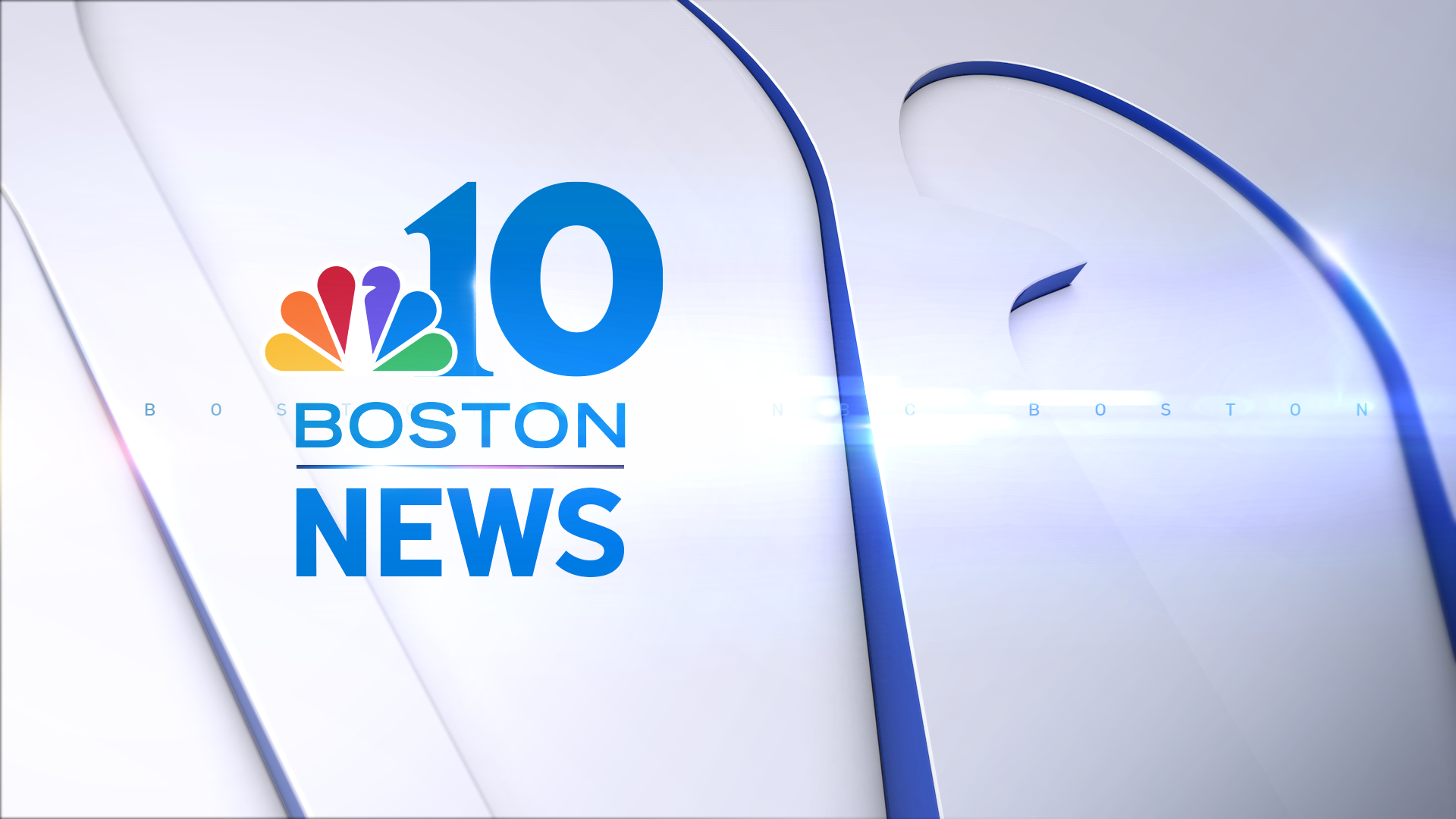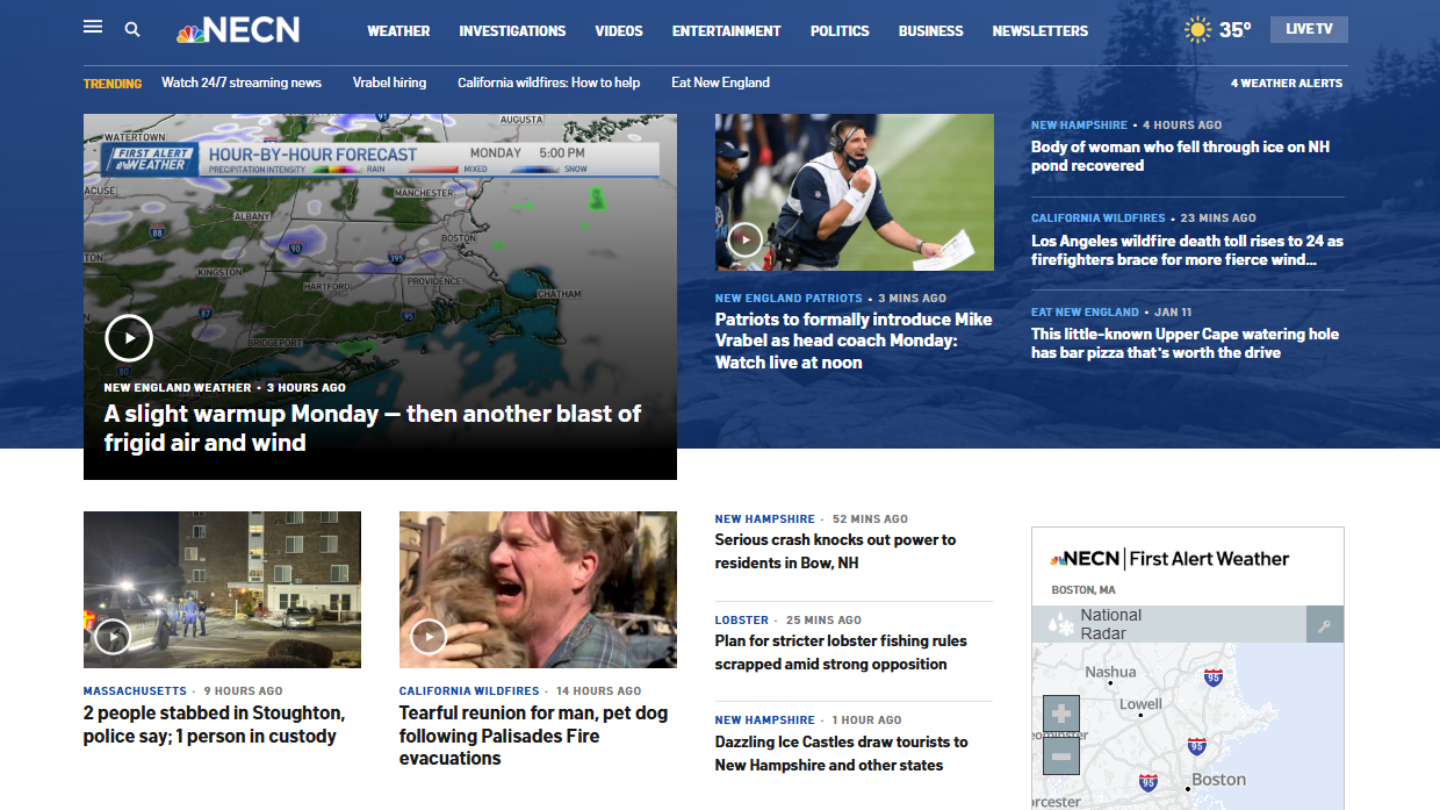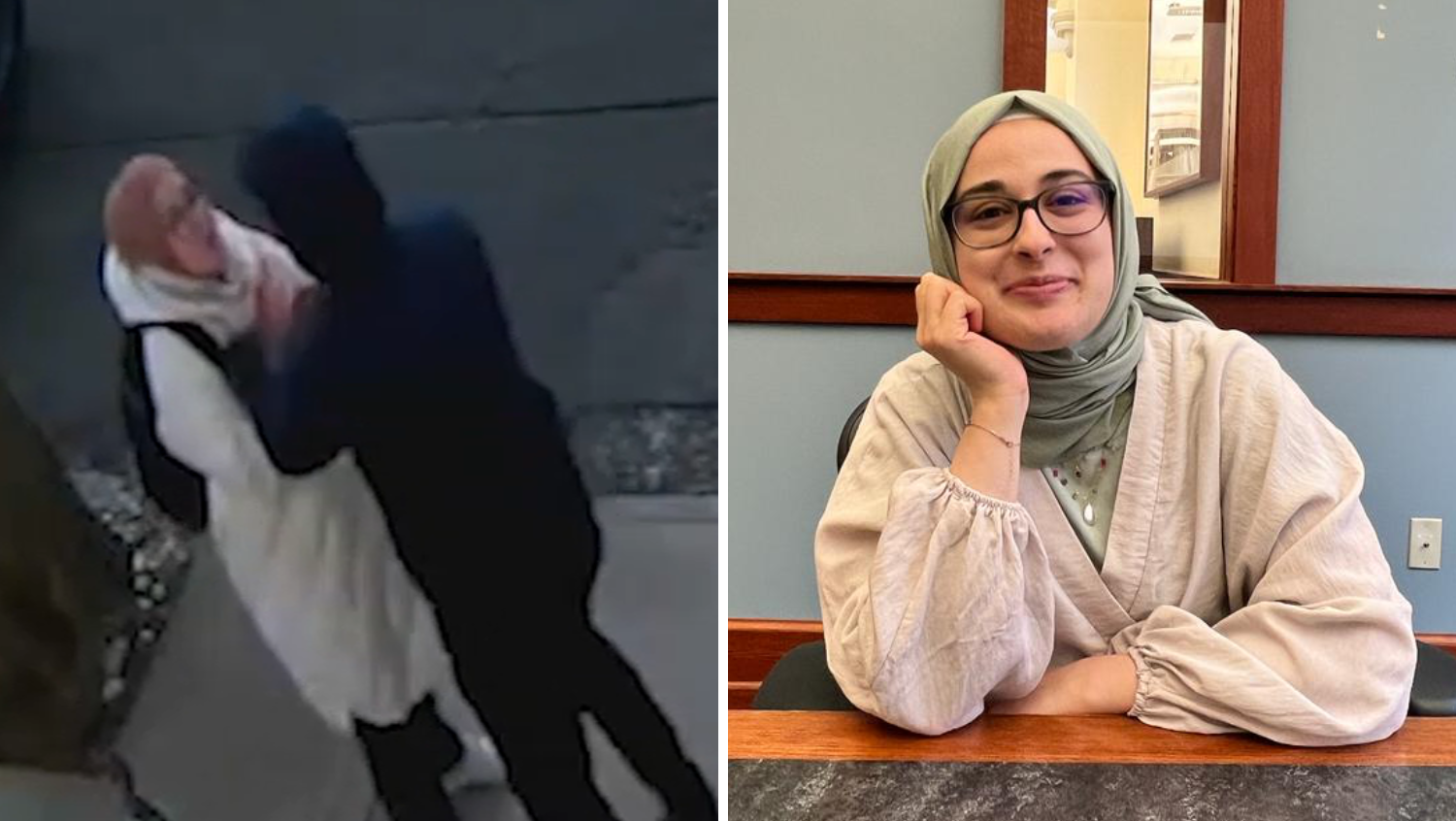Boston Residents weren’t able to see the total eclipse but they did get to catch a glimpse of what was still a part of history.
Organizers of Boston's St. Patrick's Day parade reversed course on Friday and said they would allow a group of gay veterans to march in this year's parade.
The South Boston Allied War Veterans Council announced on the parade's Twitter account that it had signed an "acceptance letter" that would clear the way for OutVets to participate.
OutVets said later Friday night that it would accept the invitation to march.
"We look forward to marching proudly on March 19 and honoring the service and sacrifice of those brave men and women who have sacrificed for our country," the group said in a statement.
Pleased with the reversal, Massachusetts Governor Charlie Baker’s office released a statement which read, “Governor Baker and Lieutenant Governor Polito were disappointed some parade organizers attempted to discriminate against individuals who served this country with honor and are pleased OutVets will now participate in the parade.”

An earlier vote by the council to bar OutVets from marching drew immediate condemnation from high-profile politicians, some of whom said they would not march if the gay veterans were excluded. It caused some sponsors to back out and stirred up a furor on social media.
"This has gone on much, much too long and it's something that needed to be corrected," the parade's lead organizer, Tim Duross, told NBC Boston. "It was a mistake, really, with regard to the thought of barring any veterans."

Duross says he couldn't convince the rest of the council to allow OutVets to march, so he made the decision unilaterally, a move he was able to make because his name is on the permit.
"It may be my last decision as parade organizer, but it's the right thing to do," he said.

Later, after an hour-long meeting, the council voted unanimously to stand behind Duross' decision.
Officials like Boston Mayor Marty Walsh and Massachusetts Gov. Charlie Baker announced they would boycott the parade when they learned the group had been barred. City Councilor Tito Jackson, a mayoral candidate in Boston, said he will not take part regardless of whether OutVets participates.
"I am proud to have marched in the South Boston St. Patrick's Day Parade only when our LGBTQ veterans have also been invited to participate. I did look forward to doing the same this year, but after the shabby and disrespectful way OutVets, a group of distinguished and honorable LGBTQ veterans, have been treated by some of the parade's organizers ... I have no interest in participating in this event until members of the LGBTQ community are permanently included," Jackson said in a statement.
Local
In-depth news coverage of the Greater Boston and New England area.
Earlier Friday, OutVets executive director Bryan Bishop said the vets had been told the original decision to bar them was because of their rainbow symbols.
Bishop said the council offered to allow the group to march if its members did not display the rainbow flag, a symbol of gay pride, which is on their banner and their jackets.
The group said no.
"I almost fell out of the chair at that point, said, 'You gotta be kidding me,'" Bishop said.
He said OutVets has displayed the rainbow at the parade the last two years.
"It infuriates me to look at the veterans that I know, gay and straight, who have served this country with valor and honor and distinction, and just because you're a veteran who happens to be gay your service is somehow less than someone who is not of the LGBT community or someone who's not gay," he said.
Edmondson, the OutVets lawyer, described the letter as "generic" and said it did not make fully clear whether the gay group would be allowed to display its banner.
Another veterans group, Veterans for Peace, said it also had been denied permission to participate. That group has been trying unsuccessfully for several years to march.
OutVets was first allowed to participate in the parade in 2015, in what was seen as a groundbreaking decision after parade organizers had, for decades, resisted the inclusion of gay groups. The case went to the U.S. Supreme Court, which in 1995 upheld the council's right to bar gay groups on free speech grounds.
The council said in a statement Thursday its decision had been misinterpreted.
"The council is accepting of all people and organizations, but it will not permit messages that conflict with the overall theme of the parade," the statement said.
That decision resulted in backlash from other veterans' organizations.
The council is made up of representatives from several South Boston American Legion and Veterans of Foreign Wars posts.
The Michael J. Perkins American Legion Post said it had withdrawn from the council.
The Perkins post in a statement on its Facebook page didn't mention the OutVets decision but said it decided to withdraw because "recent efforts by several non-veteran parade volunteers to guide decision making has resulted in the subversion of the council as an organization being led by veterans."
Another former member of the council, the Thomas J. Fitzgerald VFW Post, assailed the council's decision to bar OutVets.
The Fitzgerald post withdrew from the council last year over the decision to bar Veterans for Peace.



